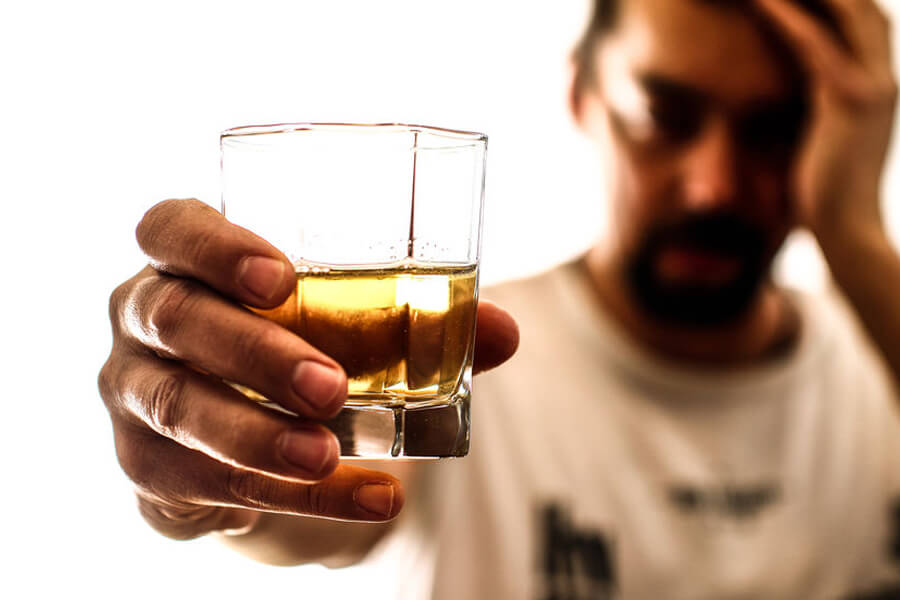If you’ve ever experienced anxiety during a hangover—known as hangxiety—you probably consider yourself shy. That’s because a new study out of University College London has found that shy people are more likely to experience anxiety during a hangover, which may also signal a higher risk of alcohol dependence.
The study on anxiety and hangovers
The results of the research, which were published in the journal Personality and IndividualDifferences, took baseline measurements of 97 participants to measure their anxiety. The researchers then asked half the participants to drink alcohol as they normally do, and the other half to stay sober. Each participant was measured for social phobia and shyness levels, as well as they symptoms of alcohol use disorder, which is characterized by their inability to stop or control alcohol use despite negative issues with their health, job or relationships.
The researchers found that of the people who drank, those who were considered “highly shy” experienced a significant increase in anxiety the day after drinking. In addition, the scientists discovered a link between high anxiety the day after drinking and alcohol use disorder.
Helping alcohol use disorder by accepting shyness
The researchers found that there seems to be a continuous circle with anxiety and drinking.
“We know that many people drink to ease anxiety felt in social situations, but this research suggests that this might have rebound consequences the next day, with more shy individuals more likely to experience this, sometimes debilitating, aspect of a hangover,” explains Celia Morgan, one of the study’s authors and a professor of psychopharmacology at the University of Exeter. “These finding also suggest that ‘hangxiety,’ in turn, might be linked to people’s chance of developing a problem with alcohol.”
So, what’s the solution?
According to Professor Morgan, it’s accepting your individual personality traits.
“It’s about accepting being shy or an introvert,” she says. “This might help transition people away from heavy alcohol use. That’s a positive trait. It’s OK to be quiet.”
Alcohol use disorder in the United States
According to an article in MedicalNewsToday.com, around 15 million adults and more than 630,000 adolescents between ages 12 and 17 are affected by alcohol use disorder in the United States.
Some factors that raise the risk for alcohol use disorder include stress, social pressure and family history.

